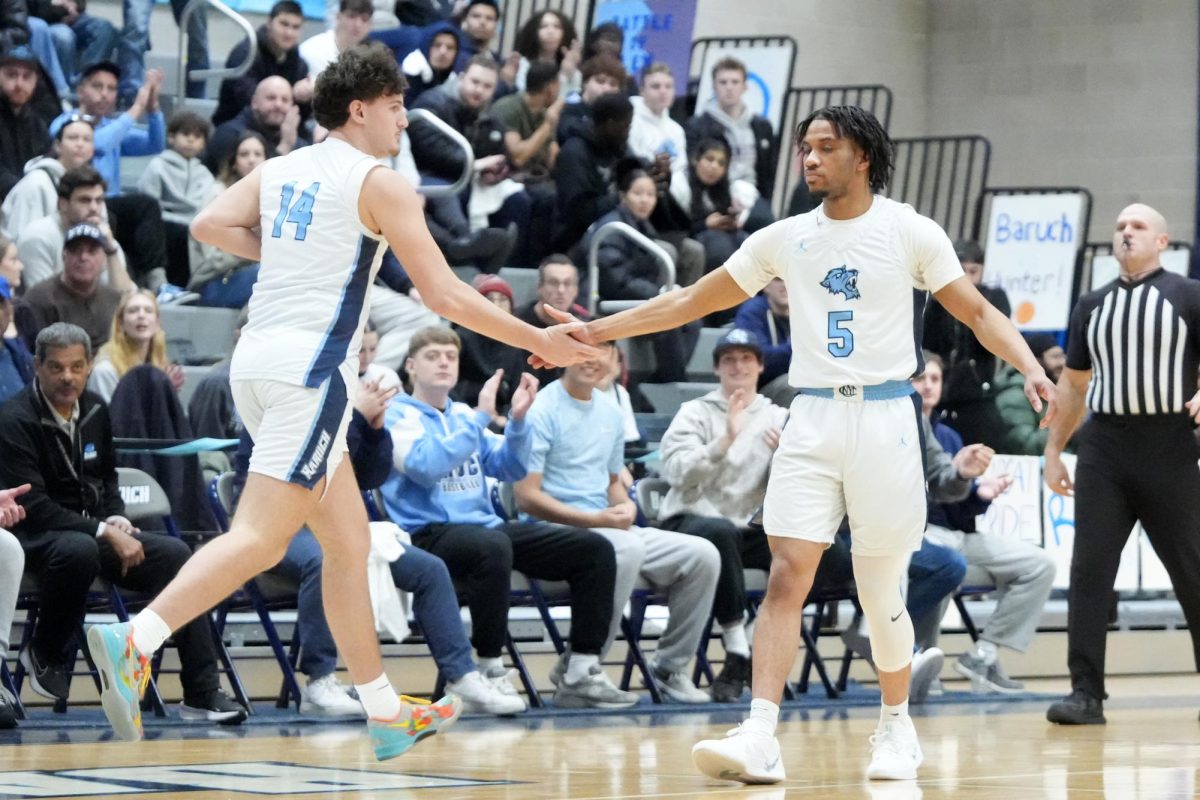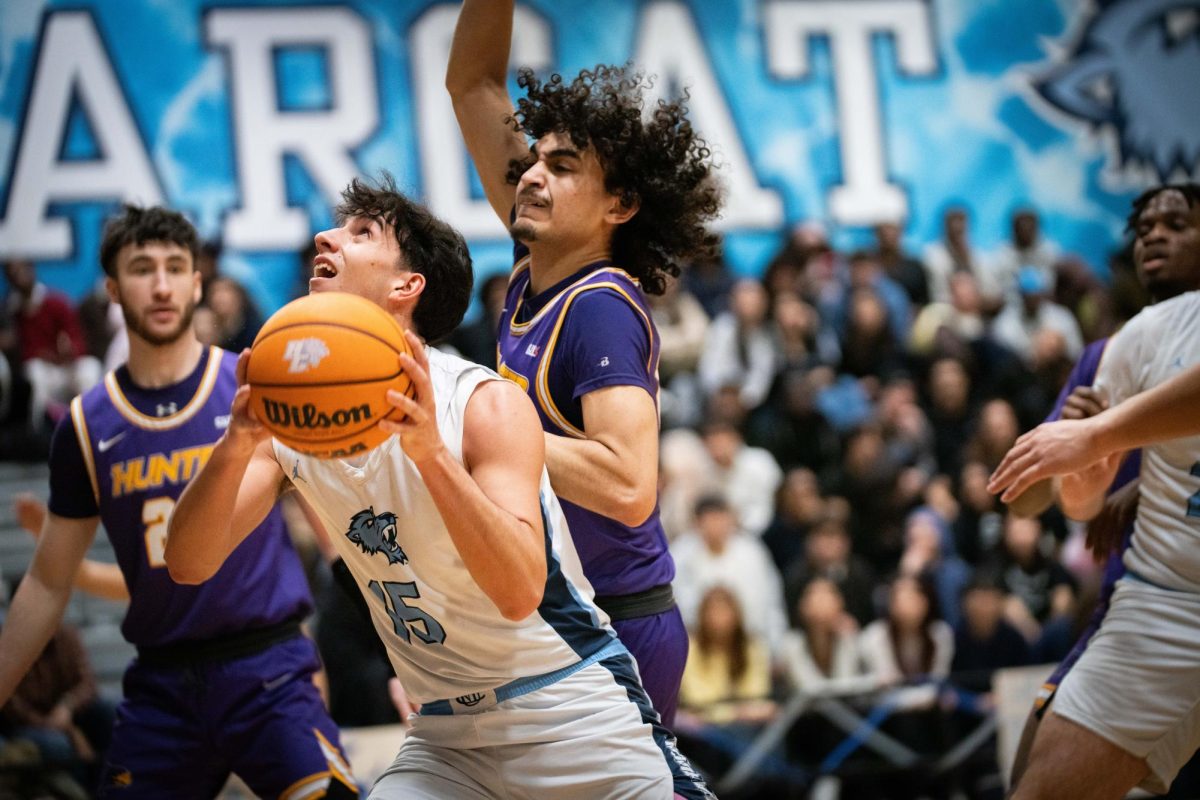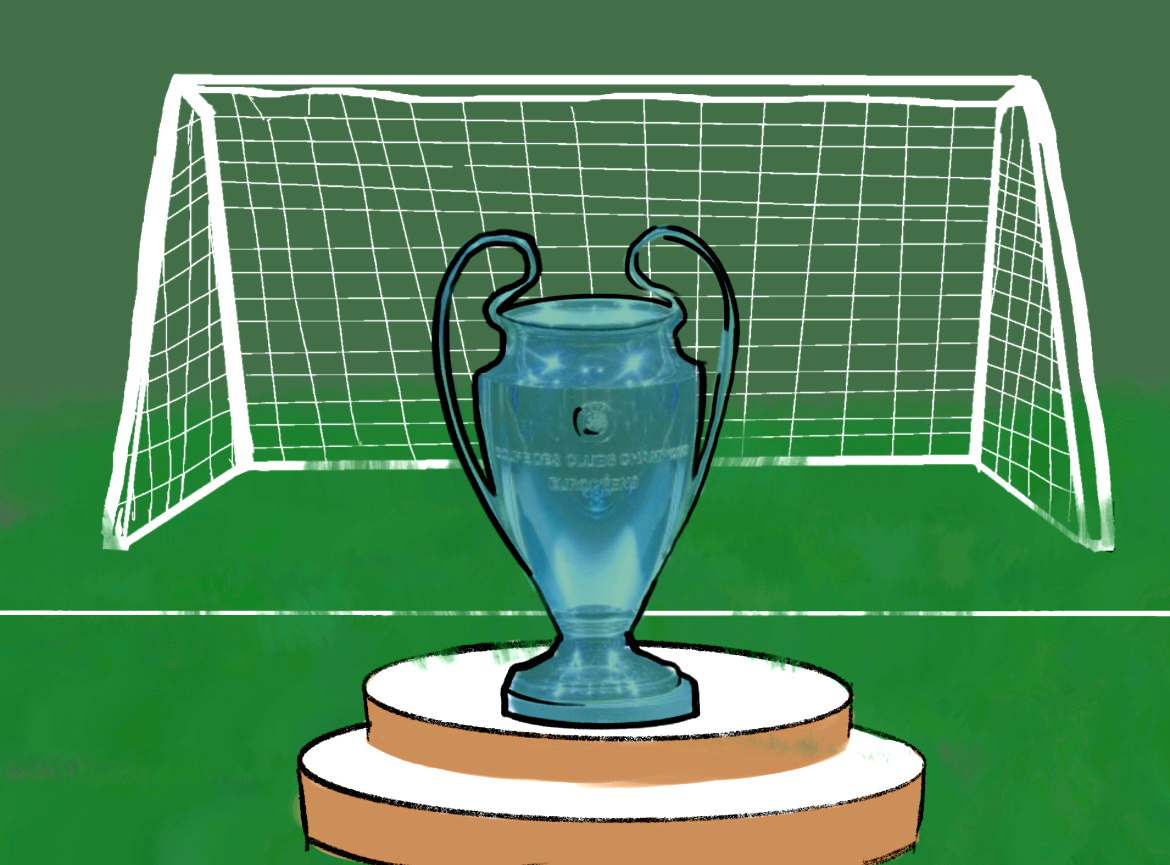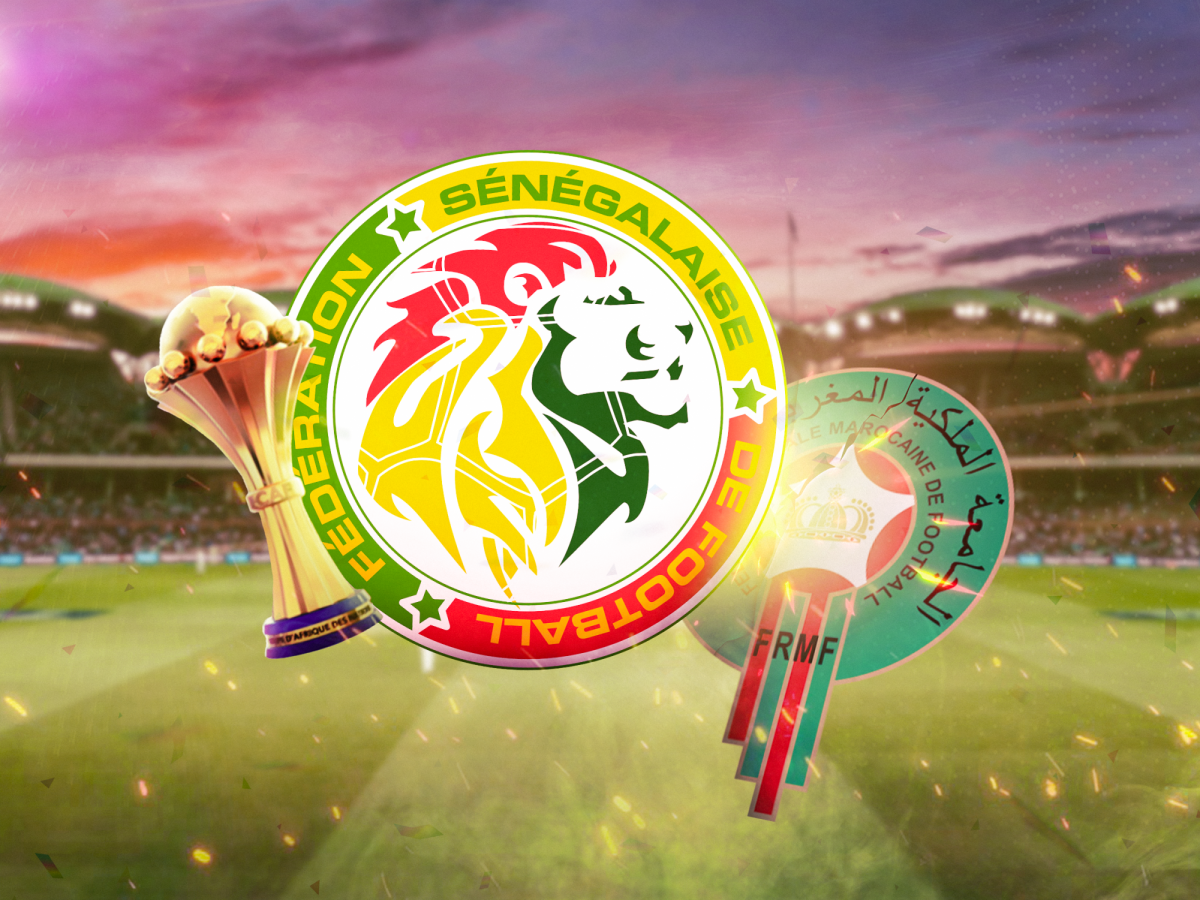The Copa Libertadores final between hated rivals Club Atlético River Plate and Club Atlético Boca Juniors has once again been put on hold. River Plate has refused governing body CONMEBOL’s proposal to have the match played in Madrid at the Santiago Bernabéu Stadium, home of Real Madrid.
The match was originally scheduled to be played on Nov. 24 at the Monumental Stadium, home of River Plate in Buenos Aires, Argentina. The first leg of the final was a 2-2 tie played on Nov. 11.
The match, which was to be the first meeting between the two clubs in the final of the Copa Libertadores was postponed when River Plate fans attacked Boca Juniors’ team bus on their way into the stadium. Spectators threw rocks and other objects shattering several of the bus windows and causing minor injuries to several Boca players.
Among the injured were team captain Pablo Pérez and forward Carlos Tevez. Perez was later taken to the hospital to remove shards of glass stuck in his eye. The game was initially delayed three times in the same day before being postponed to the next day, as Boca players insisted they were in no condition to play. Videos from inside the locker room showed the players, many with cuts and bruises somberly tending to their wounds. Others complained of grogginess and burning itchy eyes believed to be from exposure to tear gas that was used by police in an attempt to disperse the angry mob.
The game was again postponed early the next day, this time indefinitely. For failing to provide adequate security for the event, River Plate was fined $400,000 and ordered to play two future home games with no fans in attendance. CONMEBOL then spent a week searching for a venue outside of Argentina before deciding the rescheduled match would be played on Dec. 9 at Santiago Bernabéu Stadium.
River Plate has refused to play the match saying in an official statement that to do so “distorts the competition and harms those that acquired tickets.” Boca Juniors has also voiced complaints on the relocation of the final. CONMEBOL has taken every measure to prevent a similar incident by only allocating 5,000 tickets to each club to be sold to fans in Argentina. Both clubs must also submit the names of all people who purchased tickets within Argentina.
The remaining 20,000 tickets must be sold to people elsewhere. The pressure to find a solution acceptable to both clubs is rising as the winner of the match is scheduled to take part in the semifinals of the FIFA Club World Cup in the United Arab Emirates on Dec. 12.
This incident is just the latest in the long history of the two Argentinian soccer giants. During the 2015 Copa Libertadores Round of 16, Boca Juniors was disqualified when fans pepper-sprayed several River Plate players at halftime at Alberto J. Armando Stadium, Boca’s home. Violence between the two fan bases following big games is not uncommon and has led to the ban of away team supporters when the two rivals meet in important games.
Argentinian football as a whole is plagued with hooliganism as clubs hand out tickets to “barras bravas”— bars with violent supporters who often take their support for their club too far.







